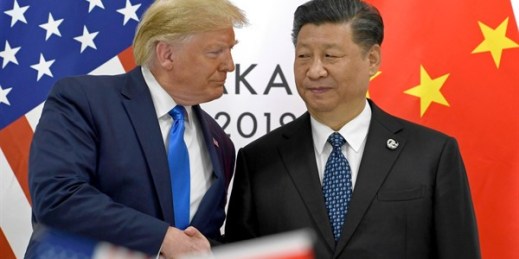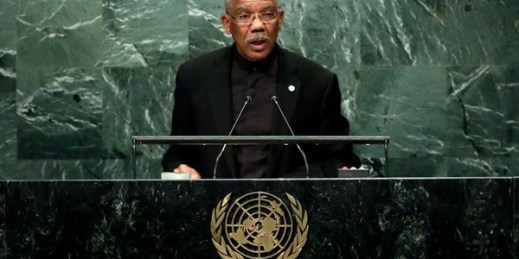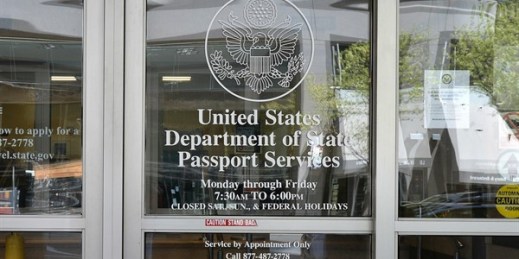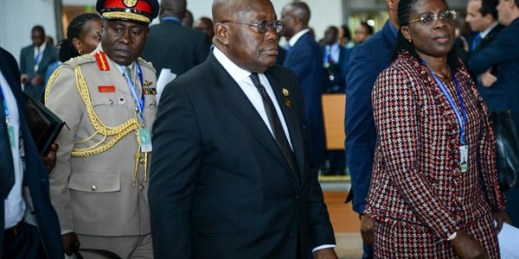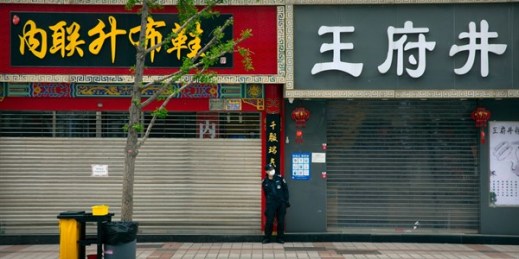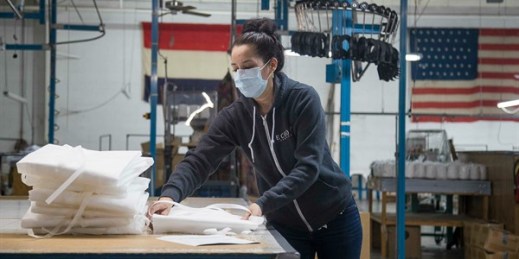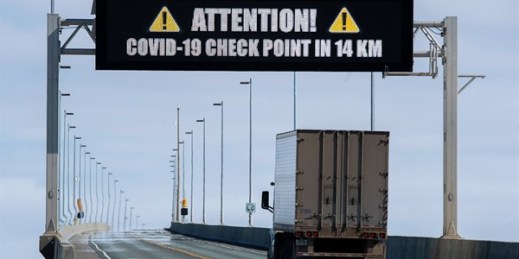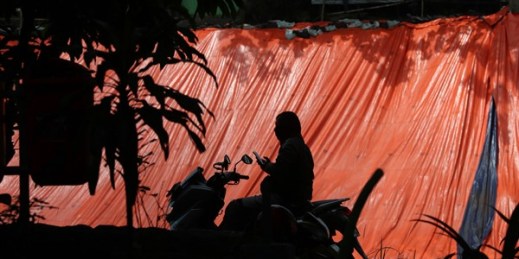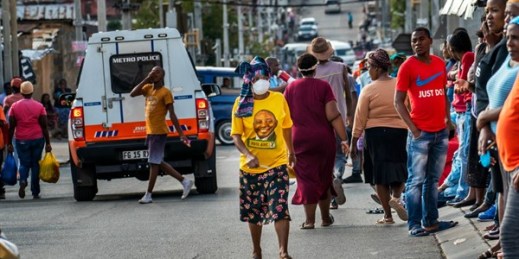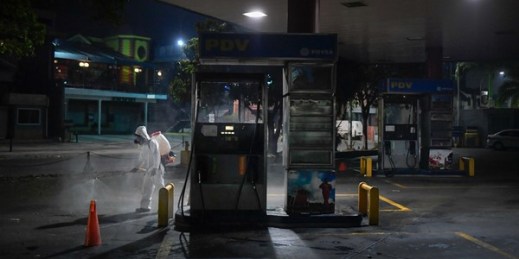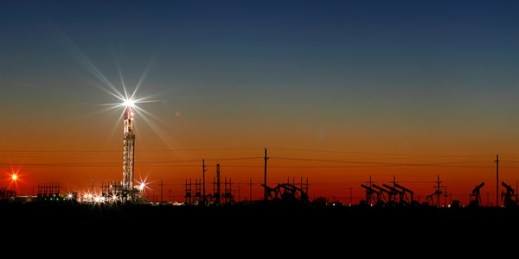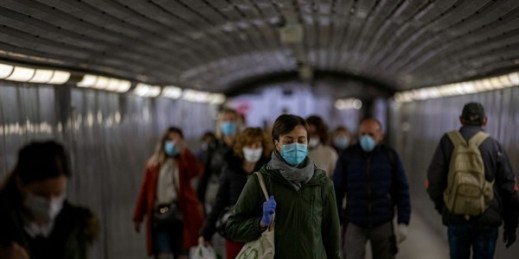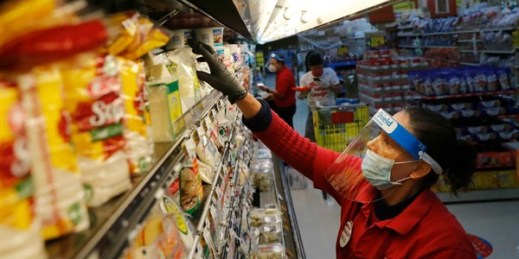
Editor’s Note: Every Wednesday, WPR Newsletter and Engagement Editor Benjamin Wilhelm curates the week’s top news and expert analysis on China. China’s nearly half-century-long run of growth came to a screeching halt earlier this month, as data released by the Chinese government revealed that its once-booming economy shrank year-on-year during the first three months of 2020. It was one of the most remarkable signs of the destruction inflicted on the global economy during the COVID-19 pandemic: an end to an economic boom that had weathered calamities like the Asian financial crisis of the late 1990s, the SARS epidemic of 2003 […]

